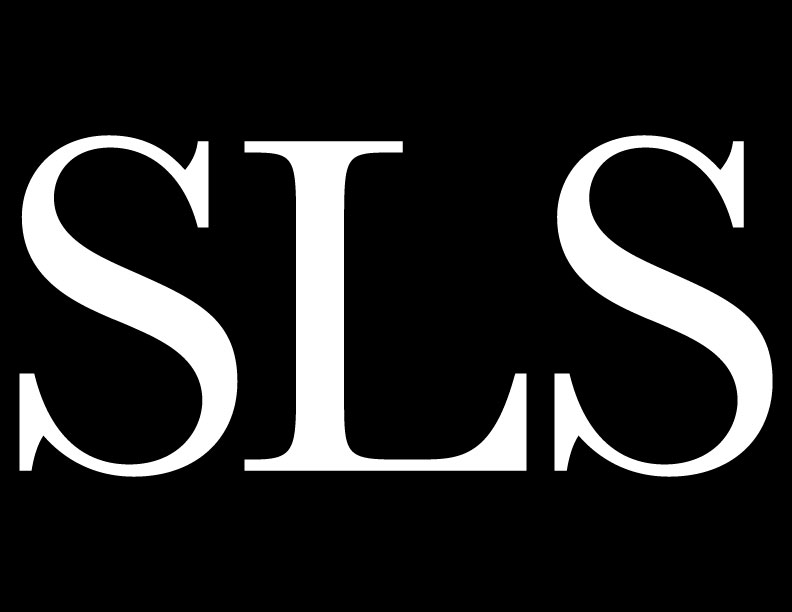 Earth2030@FutureLaw
Earth2030@FutureLaw
Logistics
Note: This event has concluded. Archived content can be found by clicking here!
Welcome to Earth2030.
Due to COVID-19, we have decided to move our planned conference from an in-person event to an online summit. This new format comes with unique opportunities, as well as unique challenges. To help things run smoothly, we’ve established a set of guidelines to ensure that this experience is enjoyable to all. We also have a Slack workspace set up, which has a “Logistics” channel, where more specific questions can be asked.
General Logistics
- One main Zoom room (link: https://stanford.zoom.us/my/earth2030) will be used for all sessions.
- Please default to mute upon joining, and when not speaking, but feel free to unmute when speaking. As a matter of course, Earth2030 facilitators may mute where background noise is evident.
- The main Zoom room will be recorded. Recordings will be shared with participants and there will be a simple process for requesting comments made on the record be removed (see below).
- Slack will be used for questions and discussion, simultaneously to the Zoom sessions, as well as before and after sessions. (Click Here to Join!)
- A channel will be set up for each session; please see links per session, below.
- Please ask questions and leave comments in the Slack channel. Session facilitators will seek to support an engaging flow to the discussion.
- Facilitators may spotlight a participant to introduce the question or comment into the main zoom session, or may read it out as a question to speakers or other participants.
- The main Zoom room will host the main discussion for each session. Persistent topic-focused online meeting-rooms (via Jitsi Meet) will be established for use as secondary spaces for discussion during each session, and which will also be open before and after the session. These rooms will not be recorded.
- Zoom Breakout rooms as part of sessions will also be used in the main room.
Communication Channels
We have set up communication channels to ensure that we have both synchronous and asynchronous methods of sharing ideas. This can be overwhelming, so we thought it best to be explicit about what channels we have available, and when they are best used. We currently have three platforms that are in use for this event: Zoom (conferencing, breakout rooms, and chat), Whereby, and Slack.
- Zoom Video Conferencing: The main event will be held in our Zoom room. Here, the panels will be held according to the schedule on our agenda page, and all participants are welcome to listen in on the sessions as the please.
- Zoom Breakout Rooms: Some panels may involve smaller working groups, or some panelists may be willing to “hang out” after their panel to ask questions, much like at a real conference. In these cases, Zoom breakout rooms can be used. Participants can also request to be placed in a breakout room, if they wish to discuss something further with another attendee.
- Zoom chat: If you have a specific question or comment relating to the current panel, feel free to ask them in the chat. We will leave room at the end of each panel to get to as many of these topical questions as possible! It’s also important to know that our Zoom chat will be exported and shared along with the video of this event.
- Jitsi Meet: Jitsi is another video chat platform, but runs entirely in-browser, and each session will have a Jitsi room associated with it. Jitsi rooms can handle up to 50 individuals, and they ought to be used in cases where a participant hears something interesting, and wishes to pop into the associated Jitsi room to have a quick off-the-record discussion without interrupting the main Zoom stream. Using Jitsi ensures that the participants don’t have to wait for a host to assign them a breakout room, and allows them to keep tabs on the main Zoom conference while they wait for others in the room (or follow the main chat at the same time!). These rooms will not be recorded, and will be totally off the record. We would request and suggest (but, of course, have no way of enforcing) that the Chatham House Rule apply to these rooms, as a courtesy to others.
- Slack: Slack is a great asynchronous communication tool. We will have the expected General channel, a Random channel, and a logistics channel, where specific “how-to” questions about our online summit can be asked. Additionally, each session will have an associated channel. Have a non-pressing question, or a comment about the subject matter of a panel either before or after the time slot? Post it in Slack!
Statement Redaction
One of our primary goals with this conference (in addition to replicating a live event as much as possible) is to give each participant the freedom to speak as openly and transparently as possible. To that end, we’re giving everyone the ability to strike certain statements from the record before our video is archived and placed on the internet. If you have said something that you don’t wish to be archived for any reason, please let us know before 11:59PM Pacific Standard Time on Tuesday, April 7th using this google form [link forthcoming].